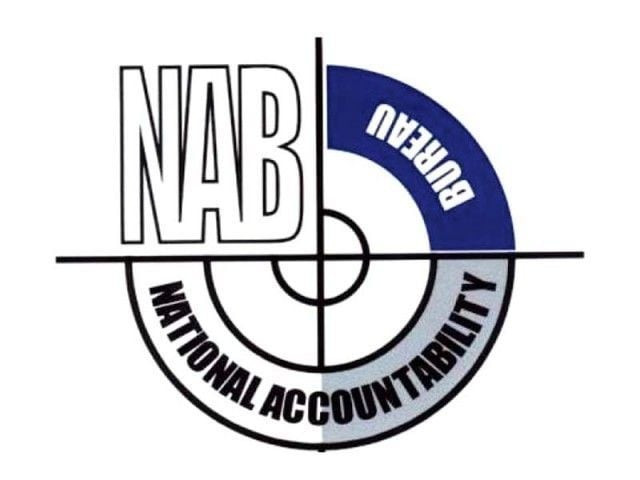NAB law tweaks turned into law
Consultation process for new anti-graft body chief will kick off two months prior to appointment

The National Assembly secretariat on Thursday issued a gazette notification to turn the amendments to the country’s accountability law into an Act.
As per the National Accountability Bureau (NAB) (Amendment) Act, 2022, the deputy of the anti-graft body would temporarily replace their retired chief.
If a deputy chairperson was unavailable, some other senior official from the department would take over the temporary slot.
The NAB deputy chairperson would now be appointed by the federal government instead of the president.
The process of consultation for the new NAB chief would kick off two months prior to their appointment.
The consultation period would be completed within 45 days.
If the prime minister and the opposition leader in the National Assembly did not reach a consensus on the nominee for the NAB top slot, the matter would be forwarded to a parliamentary committee, which would be assigned the task of finalising a name within 30 days.
An individual would be appointed the NAB chairperson for a period of three years only once.
Decisions related to taxes, the federal and provincial cabinets, councillors as well as the State Bank of Pakistan would no longer fall under the purview of NAB.
In case there is no financial gain and just a procedural error, any issue of the federal and provincial cabinets would not fall under the jurisdiction of NAB.
NAB has also been kept at bay from the tax-related issues of the federal and provincial governments.
Besides, the regulatory bodies formed under the laws of the federal and provincial governments have been taken out of the domain of the anti-graft body.
The changes include the abolishment of Section 14 that empowered NAB to penalise individuals on mere suspicion.
The NAB chief would be able to issue warrants in case the suspect escaped or there was adequate proof of testimonies being “wasted”.
The NAB officers have been banned from making inquiries or investigations public – otherwise they would have to face a prison term of a year as well as a penalty of Rs1 million.
As per the amendments, an accountability court would have a judge appointed for three years and cases would be disposed of in a year.
For the removal of an accountability court judge, consultations with the chief justice of the high court concerned would be necessary.
NAB must have enough evidence to arrest a suspect, as per the amendments.
The penalty for filing a false reference is five years of jail time.
On Monday, President Arif Alvi had declined to give his assent to the amendments to the NAB law, calling the new legislation “regressive” in nature, a day after he returned the election reforms bill without approving it.
Last month, the National Assembly and the Senate had passed the Elections (Amendment) Bill 2022 and the National Accountability (Second Amendment) Bill 2021, with a view to bringing the necessary reforms the coalition parties had promised.
However, the president sent both the bills back to the government to reconsider them and on June 9, a joint sitting of parliament passed both the bills as they were, casting aside the president’s objections.
After the second passage, according to the Constitution, the president’s signature was just a formality, as the bill would be enacted without his assent after 10 days of its passage from the legislatures.



















COMMENTS
Comments are moderated and generally will be posted if they are on-topic and not abusive.
For more information, please see our Comments FAQ